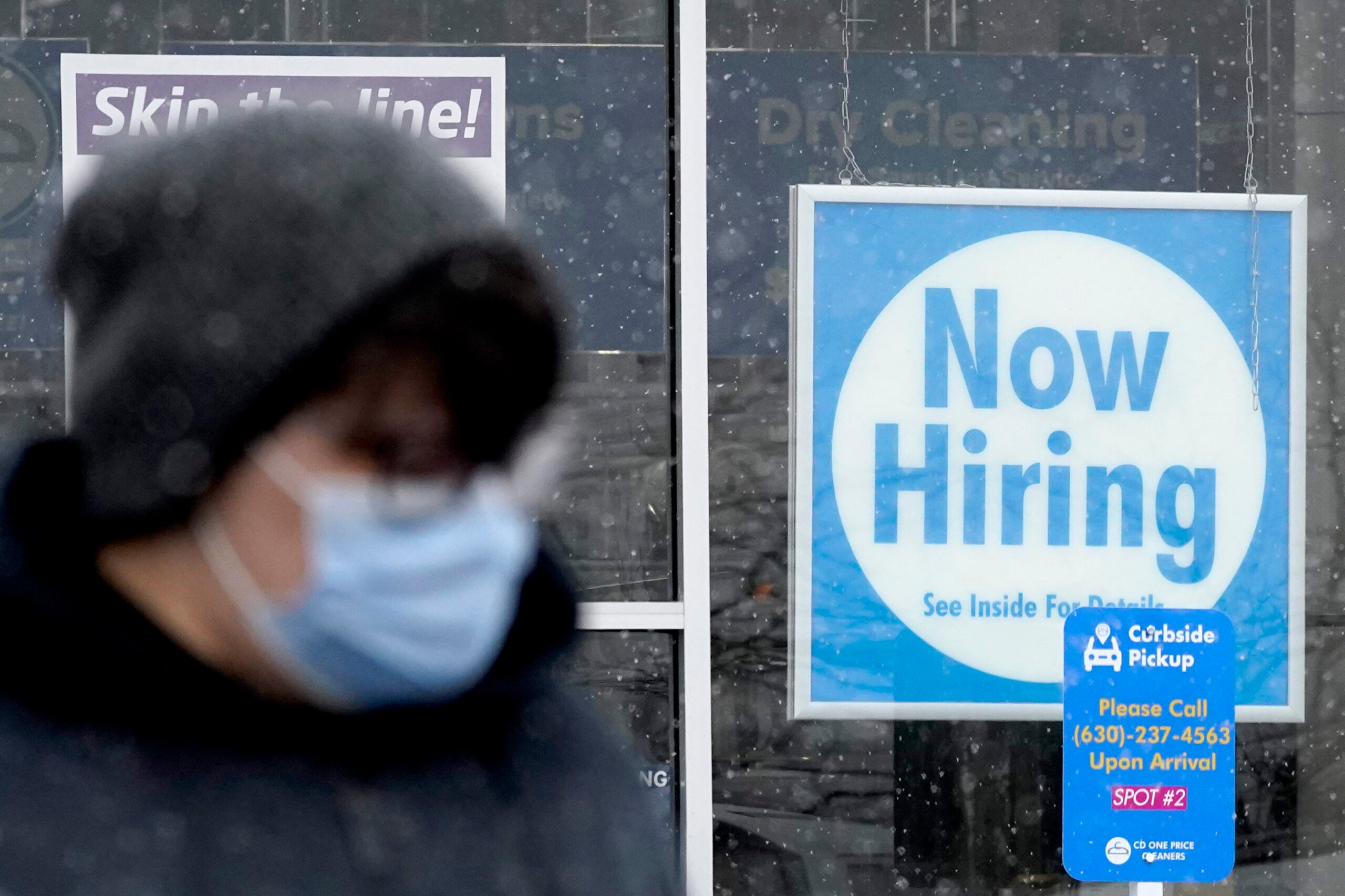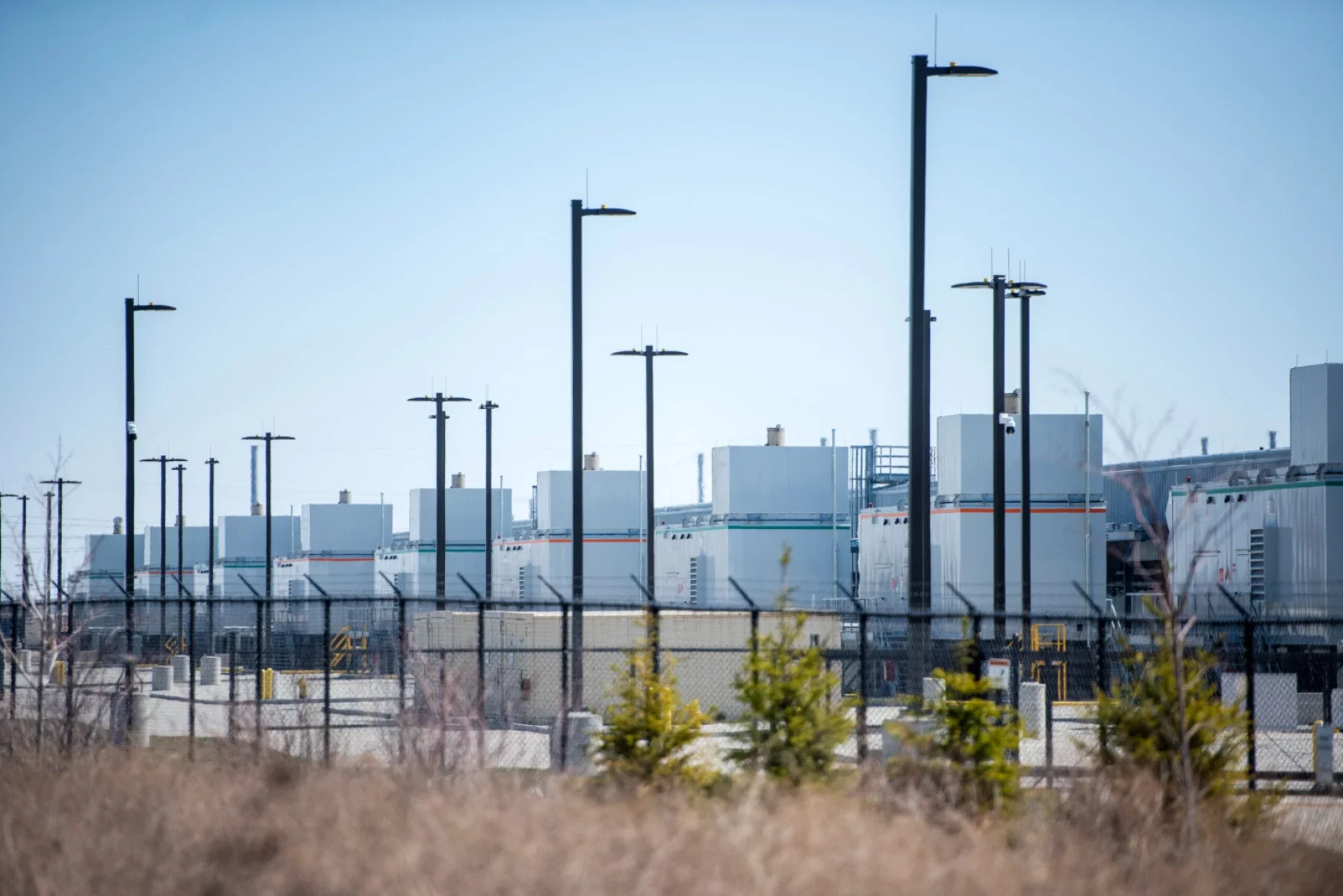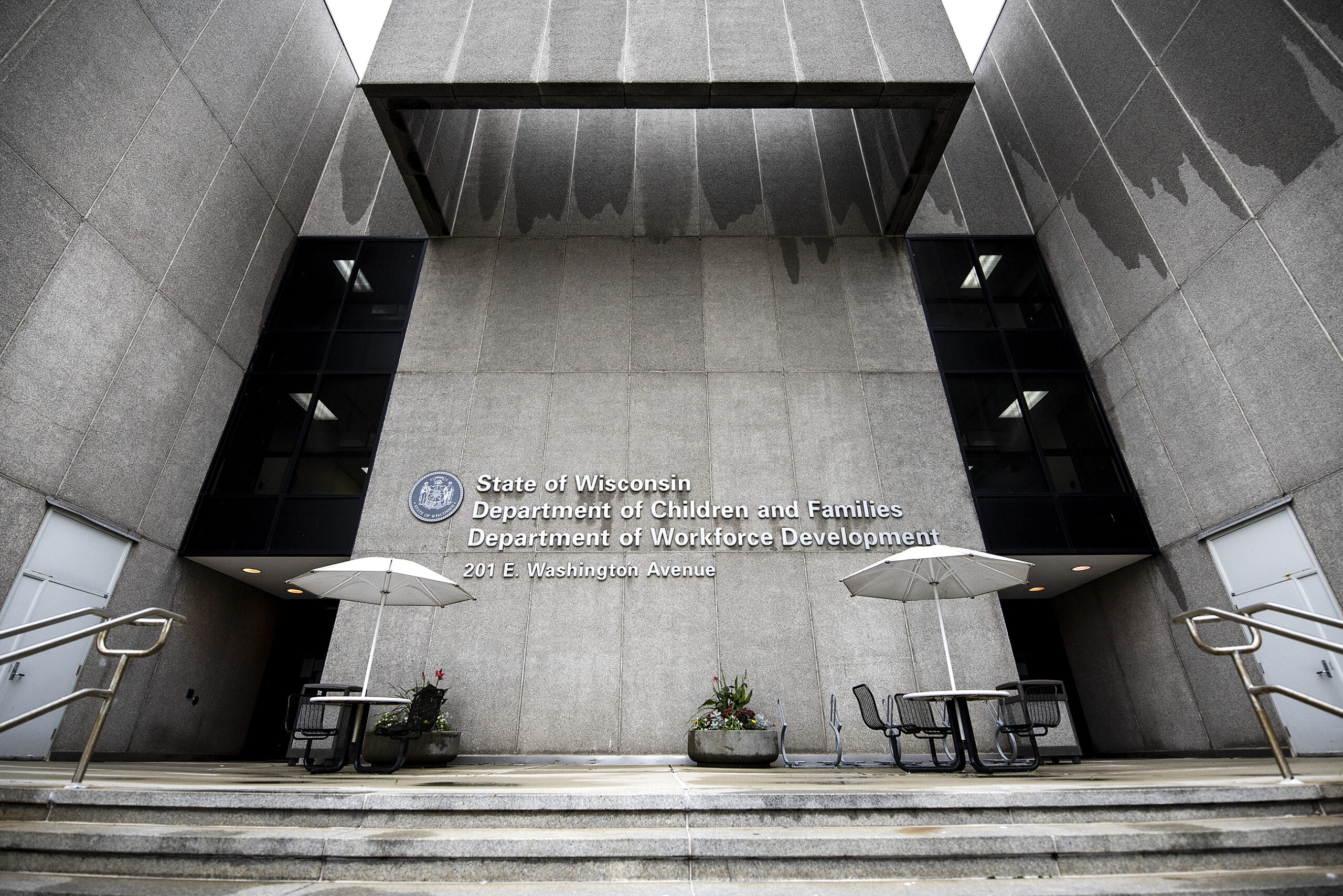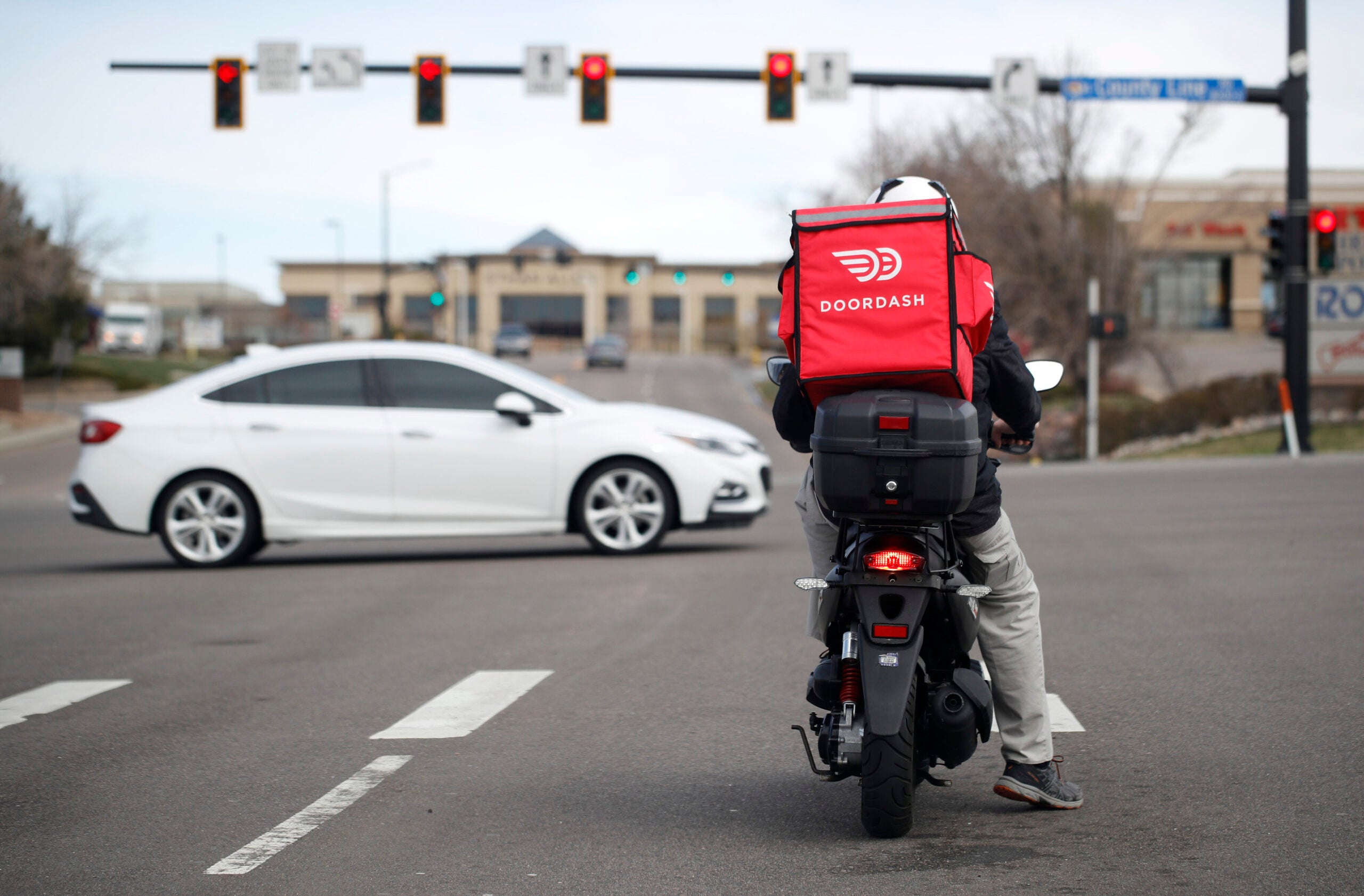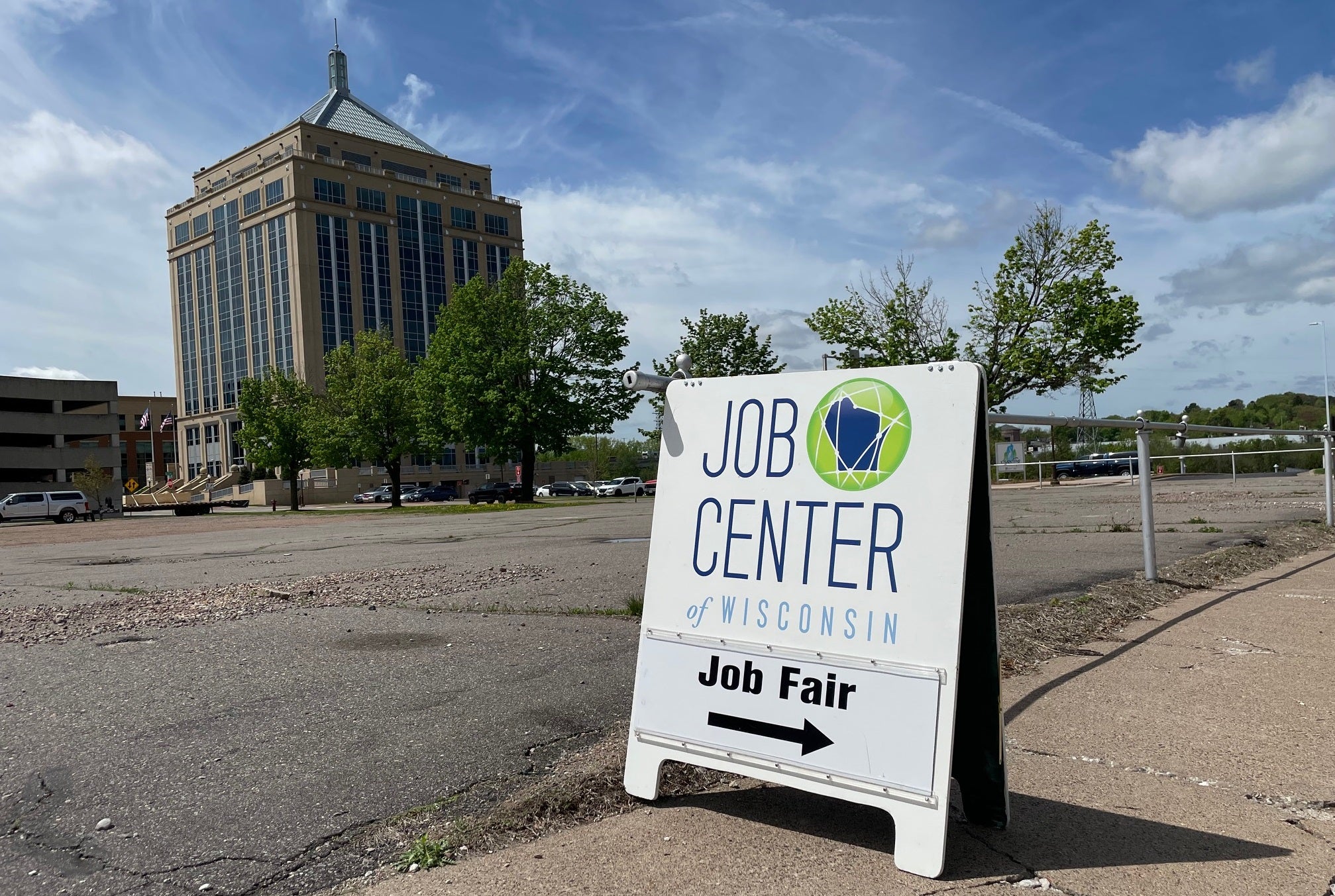Days after Wisconsin voters resoundingly supported a nonbinding referendum about how people access public benefits, Republican lawmakers have unveiled a package of bills aimed at tightening up the state’s unemployment insurance system.
The proposed legislation would, among other changes, add reasons for which someone could be denied unemployment payments, create a reporting process for when a person turns down or no-shows an interview or job offer, and expand the system for checking for fraud and abuse. They’re similar to bills vetoed last session by Democratic Gov. Tony Evers.
A question on last Tuesday’s ballot asked whether “able-bodied childless adults be required to look for work in order to receive taxpayer funded welfare benefits.” Nearly 80 percent of Wisconsin voters answered that question affirmatively.
News with a little more humanity
WPR’s “Wisconsin Today” newsletter keeps you connected to the state you love without feeling overwhelmed. No paywall. No agenda. No corporate filter.
Lawmakers cited that outcome in testimony on the four proposals. At a public hearing on the bills Wednesday, advocates for the legislation also argued these bills are a means of addressing the labor shortage in Wisconsin.
“The labor shortage is complex. I’m not here to say that our unemployment insurance program is going to deliver a solution totally to the labor shortage,” said Bill Smith, Wisconsin director of the National Federation of Independent Business, who testified in support of the legislative package. “But we are here to say today that it does play a role. And we want to make sure that it plays a role that is positive — for employers, as well as for those who must access the unemployment insurance system.”
Victor Forberger, a Madison-based labor and unemployment attorney, told Wisconsin Public Radio access to unemployment insurance does not cause people to drop out of the workforce.
“The whole purpose of unemployment is to provide us insurance for employers when they have downturns in the economy,” he said. “They get to keep their workers to come back after seasonal layoffs. They get economic stimulus in times of recession.”
Forberger also argued that the outcome of the April referendum should have no bearing on how the state approaches unemployment insurance.
“Unemployment isn’t a welfare benefit. It’s an insurance,” Forberger said.
According to the Wisconsin Department of Workforce Development, Wisconsin’s unemployment rate hit a record low 2.7 percent in February, well below the national rate of 3.6 percent. And the percentage of people working or looking for work — known as the labor force participation rate — was 64.5 percent, which is higher than the national rate.
At the same time, about 200,000 jobs were available and unfilled, according to state figures from October. Experts say worker retirements, young people staying in school longer, and the departure of more women from the workforce have led to a downward trend in the workforce participation rate overall.
Adam Gibbs is communications director for the Foundation for Government Accountability and a visiting fellow with the Opportunity Solutions Project, two organizations that advocate for transitioning people into the workforce and off of public benefits. He testified Wednesday in support of a bill that would index unemployment benefits to the state’s unemployment rate.
Under such a proposal, an unemployed person could access payments for more weeks when the state’s unemployment rate is high, and for fewer weeks when the unemployment rate is low. Currently, an unemployed Wisconsinite who qualifies for unemployment payments can receive them for up to six months.
Gibbs argued in the 10 states that have such indexing, people return to work faster.
“Data shows workers who stay out of the workforce longer are more likely to drop out of the workforce entirely, and Wisconsin cannot afford to have a continuing declining workforce participation rate,” he said.
Forberger, who also testified on Wednesday, said that making unemployment harder to access would have the opposite effect, by weakening a program meant to support working people in times of need.
“If any of these measures passed, unemployment would become useless, and we’d be collecting taxes from employers for something that’s never actually helping anyone,” Forberger said.
Democratic lawmakers on the committee pushed back on some of the claims made by advocates for the legislation.
Rep. Katrina Shankland, D-Stevens Point, disputed the idea that fraud and abuse runs rampant in the current system. She cited an annual Fraud Report presented by the DWD to the state’s Unemployment Insurance Advisory Council, which found that fraudulent payouts of unemployment benefits in Wisconsin hovered between just 0.4 percent and 1.19 percent in the last three years — well below the national rate.
Shankland argued that many mistakes made in the process of applying for unemployment come from people misunderstanding an onerous system.
“I think a better use of the committee’s time would be making sure it’s a seamless application where people can easily apply online or in person,” Shankland said.
The unemployment program props up critical seasonal work, argued Shane Griesbach, an operating engineer with the International Union of Operating Engineers Local 139. Griesbach said his group was not testifying in support or against the legislation, but to add the perspective of workers whose jobs can only be done at certain times of year, and who rely on unemployment to get them through the rest of the year.
“It’s workers that put in 2,000 hours a year from April to October. And shred their bodies, because they’re putting in all this infrastructure investment in our state. And now they get to the winter, and it’s time to rebuild themselves. And they need that time,” he said. “And that’s what that’s what unemployment gives them.”
Similar legislation was proposed and passed by Republicans in the last legislative session before it was vetoed by Evers.
Wisconsin Public Radio, © Copyright 2025, Board of Regents of the University of Wisconsin System and Wisconsin Educational Communications Board.

